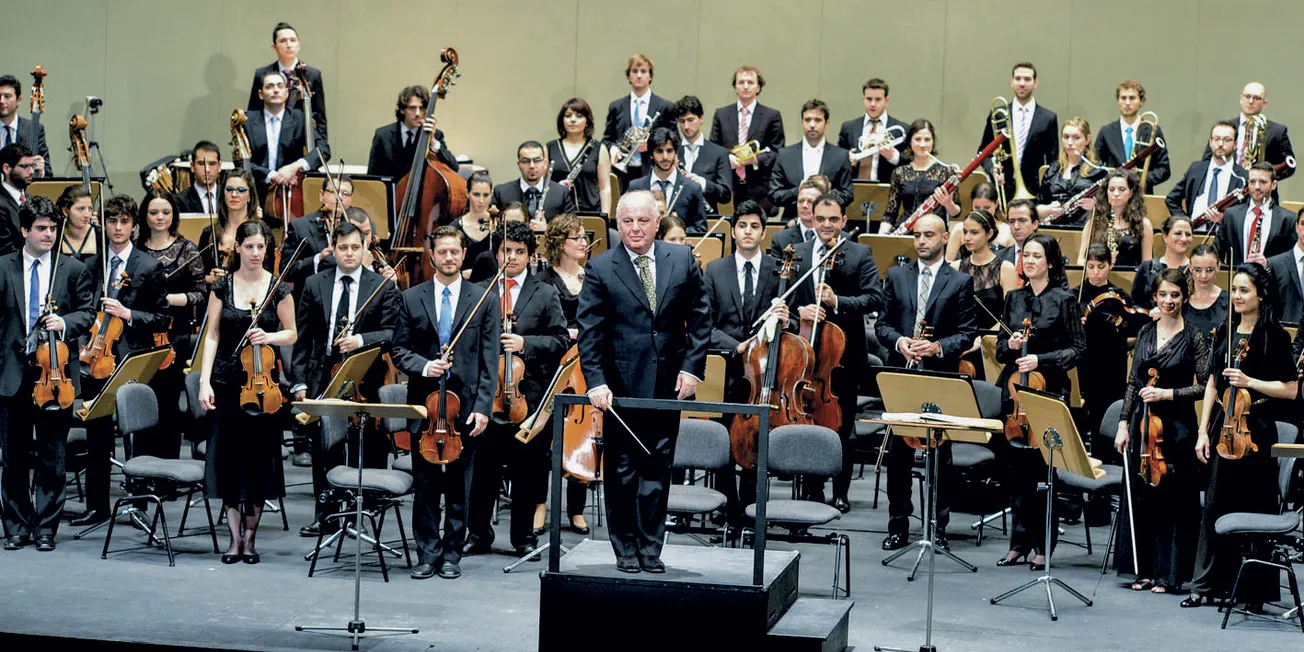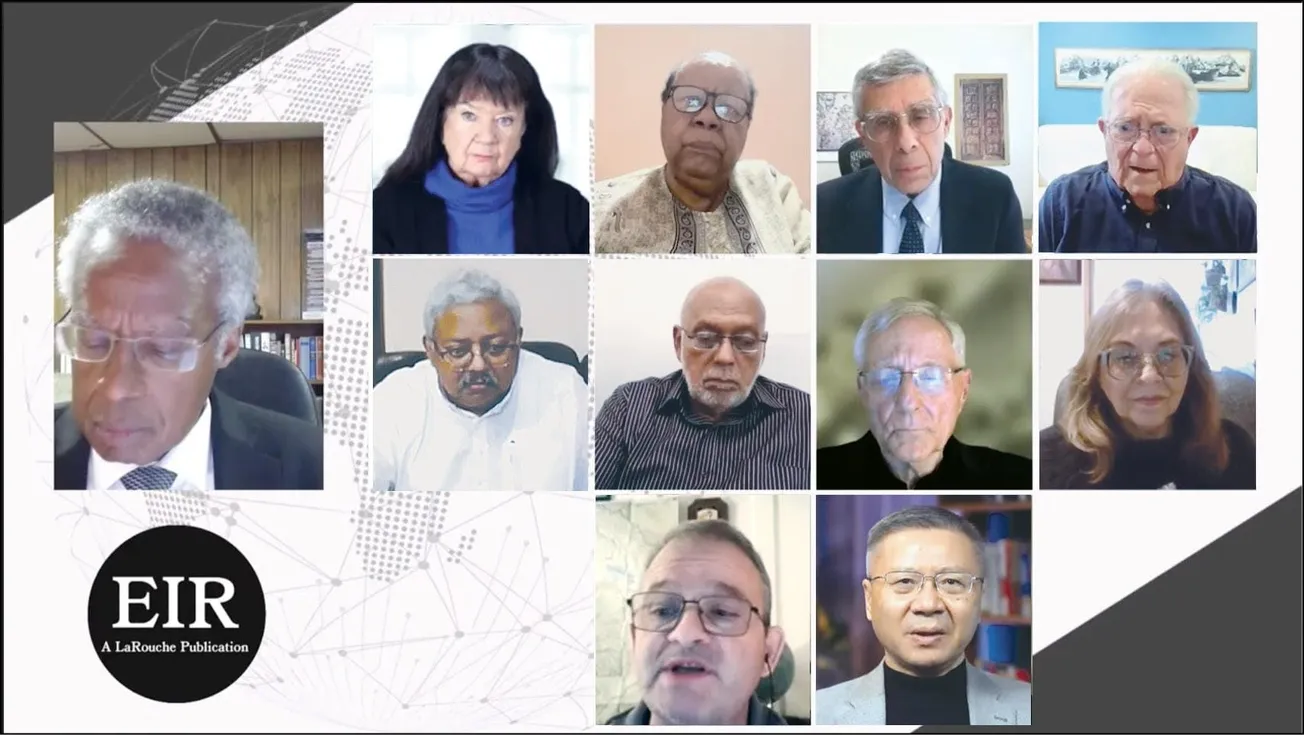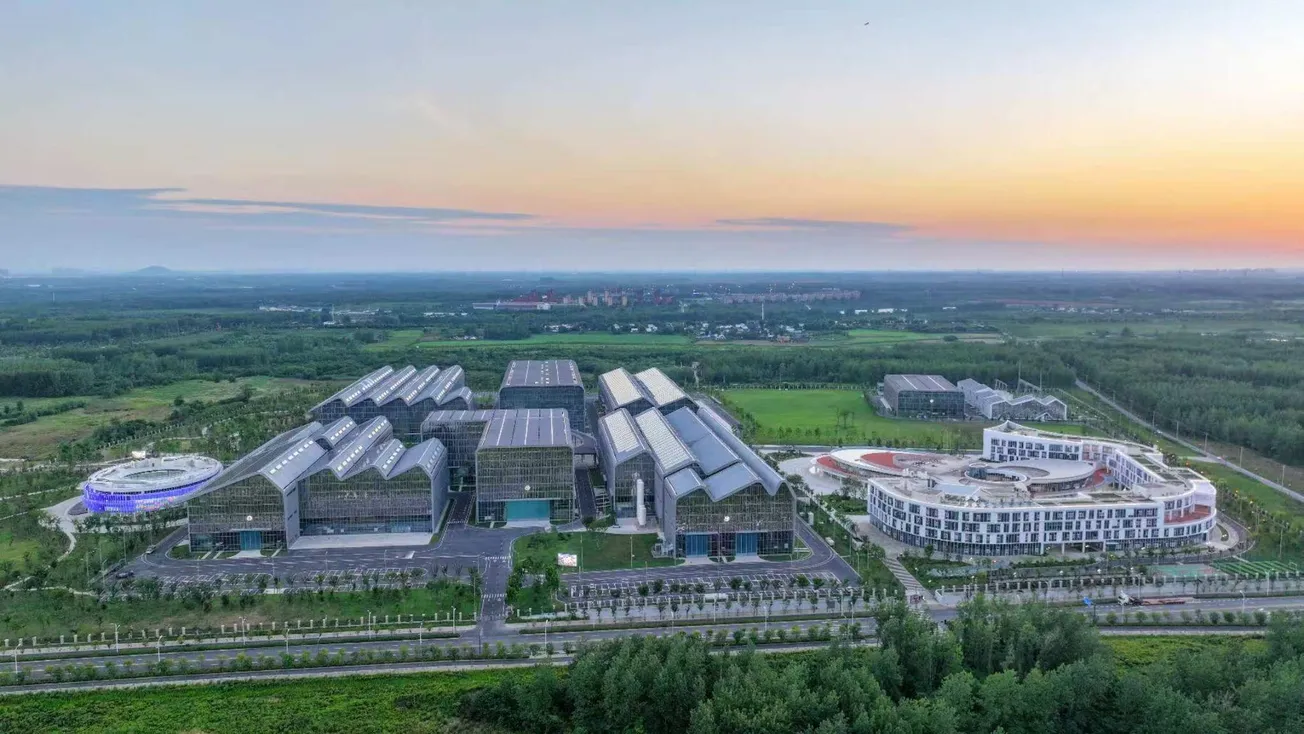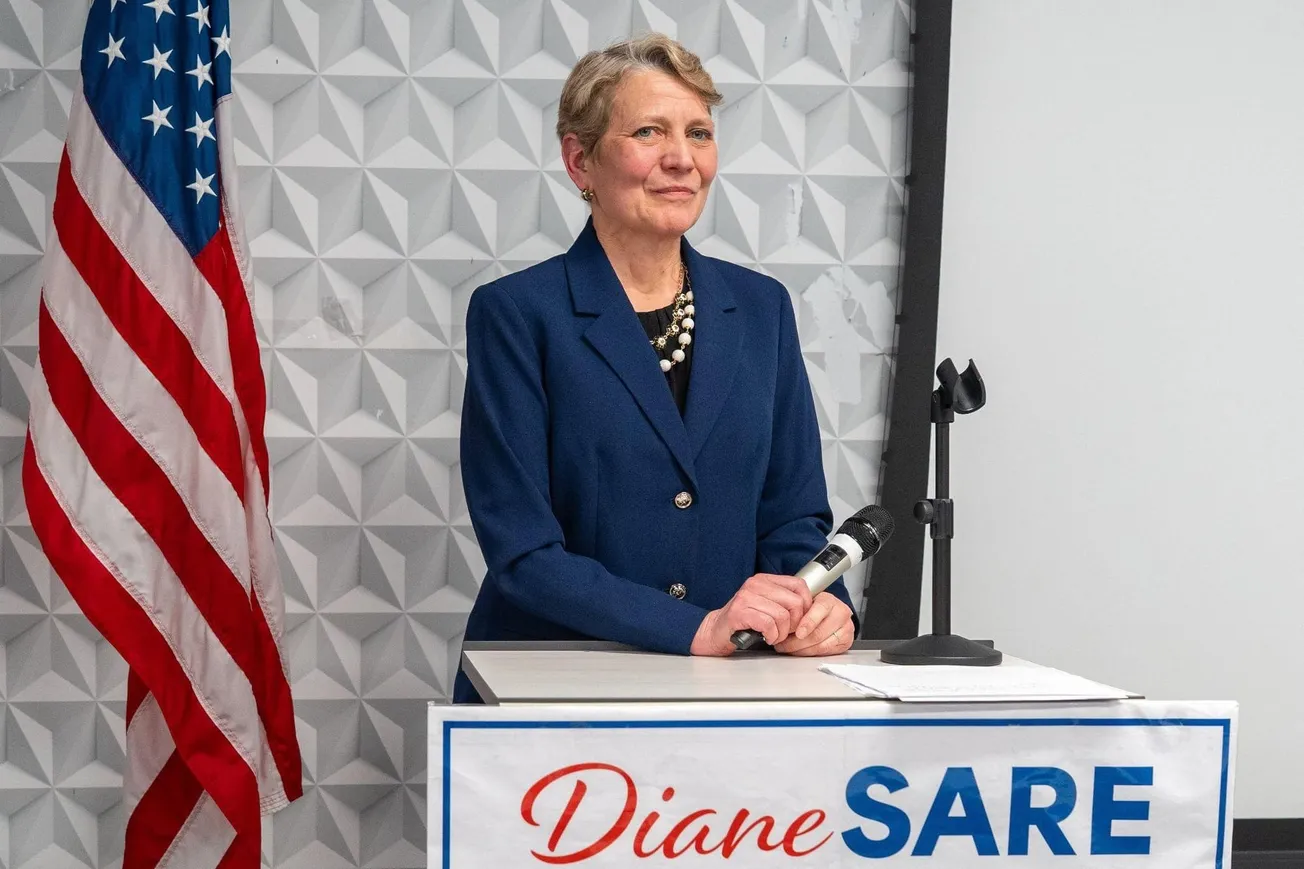The 25th anniversary concert of the West-Eastern Divan Orchestra took place in Berlin on April 15, 2024. Felix Mendelssohn Bartholdy’s famous Violin Concerto in E minor (op. 64) and Anton Bruckner’s Symphony No. 4 in E flat major (in the 1878/80 version) were performed in the sold-out Berliner Philharmonie under the direction of world-famous pianist and conductor Daniel Barenboim. The soloist in Mendelssohn’s violin concerto was the outstanding young violinist Yamen Saadi from Ramallah, who has played in the West-Eastern Divan Orchestra since the age of 11. For the past two years, he has been concertmaster of the Vienna State Opera Orchestra.
Conductor, soloist and orchestra musicians were enthusiastically celebrated by the audience for their great performance of the beautiful and demanding program—and for their personal example of standing together for equality and justice, defying the current escalation of conflict in Southwest Asia.
In 1999, Daniel Barenboim and the Palestinian literary scholar Edward W. Said, who died in 2003, had founded the West-Eastern Divan Workshop in Weimar, Germany, from which the orchestra of the same name emerged, to enable young people to engage in a dialogue between the different cultures of Southwest Asia. The members of the orchestra come together annually for rehearsals, lectures, and discussions, in preparation for concerts and international concert tours. The orchestra, which is made up of equal numbers of Israeli and Arab musicians and a few Spanish, Turkish, and Iranian members, takes its name from Goethe’s West-Eastern Divan collection of poems.
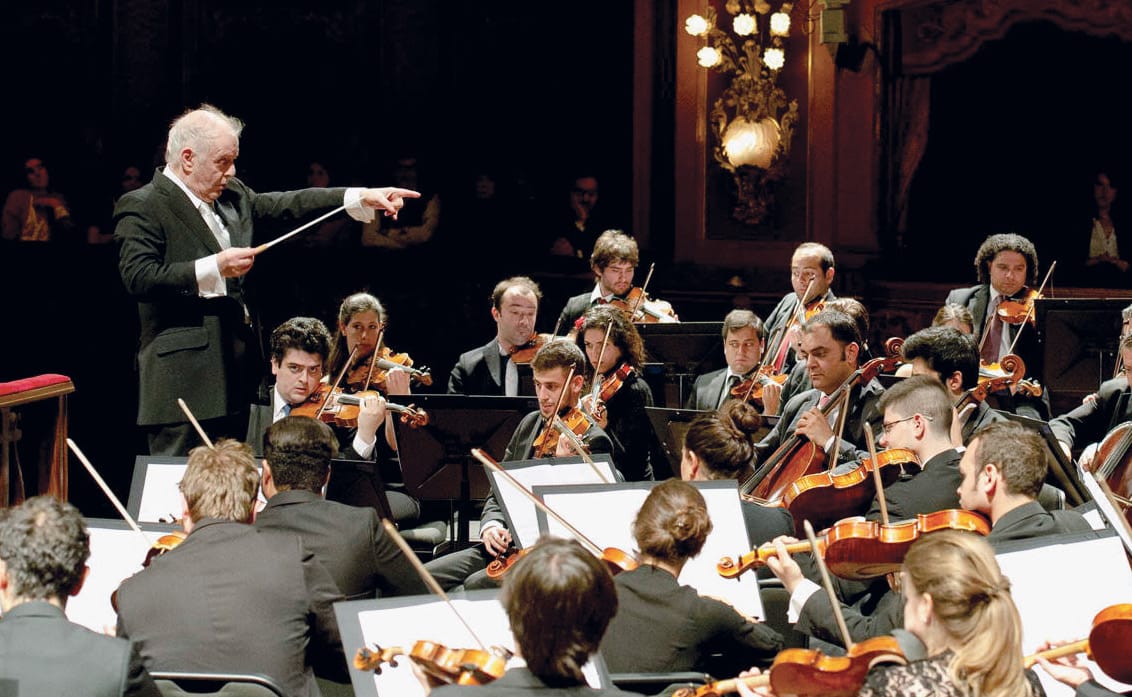
The orchestra presents itself:
The only political aspect that prevails in the work of the West-Eastern Divan Orchestra is the conviction that there is no military solution to the Arab-Israeli conflict and that the destinies of Israelis and Palestinians are inextricably linked. … [Music] grants the individual the right and the obligation to express him- or herself fully while listening to their neighbor. Based on this notion of equality, co-operation, and justice for all, the orchestra represents an alternative model to the current situation in the Middle East, proving time and again that music can build bridges and break down barriers previously considered insurmountable.
Nothing is better suited to ignite the spark of human creativity that lies dormant in every human being, enabling it to overcome seemingly unsolvable problems, than beautiful art. It is the principle of the “aesthetic education of man” that can make man truly free, as Friedrich Schiller wrote.
Reconciling Hope and Beauty with the World
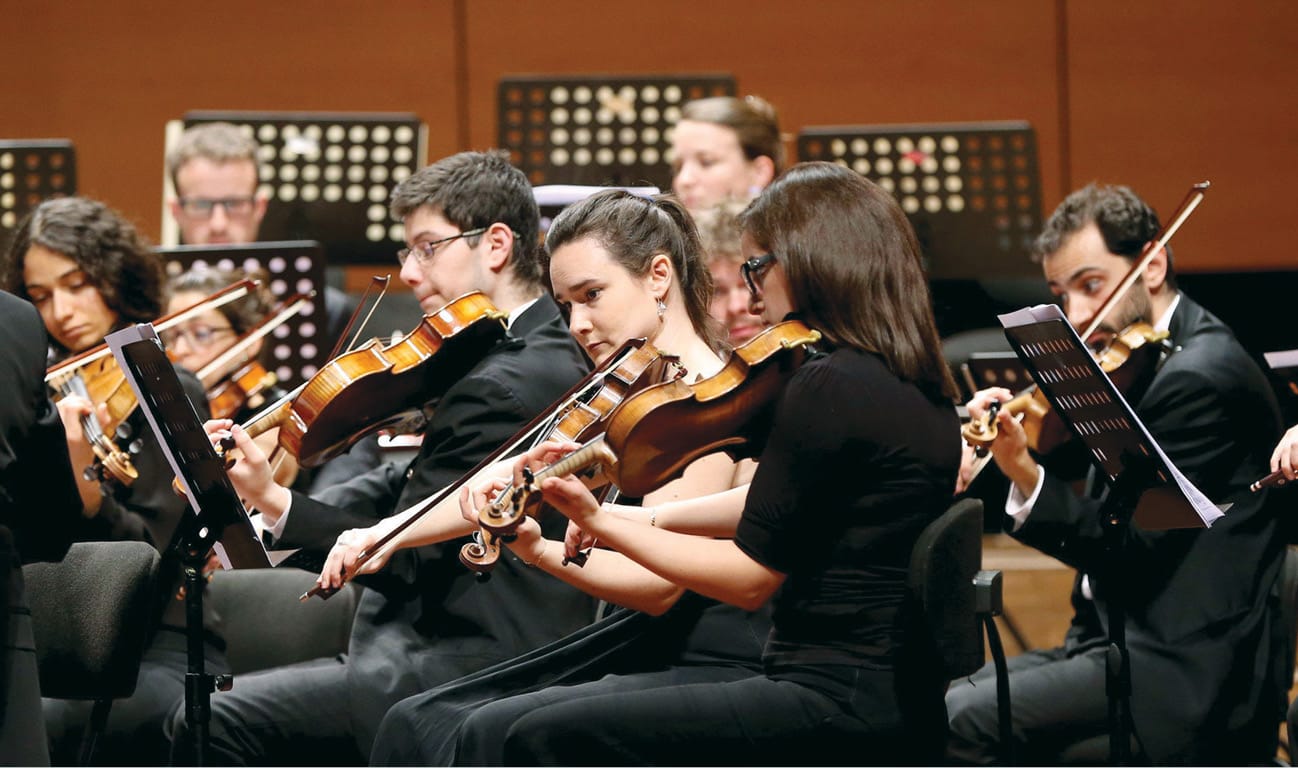
Daniel Barenboim and Mariam Said’s article for the evening’s program brochure introduced the reader to their persistent, passionate intervention to save an acutely threatened human civilization from barbarism:
...Two and a half decades since the founding of the West-Eastern Divan Orchestra, we reflect on its legacy and its promise for the future.
We look back on many meaningful moments, from a historic concert in Ramallah in 2005 to a performance in the UN General Assembly in 2023 and being recognized as Global Advocate for Cultural Understanding, to playing for Pope Benedict XVI in 2012 and at the UN Humanitarian Summit in Istanbul in 2016. We remember the West-Eastern Orchestra’s wildly successful tours, standing ovations in the world’s most prominent concert halls, and countless moments of sublime musical experiences. We recall the gift of hundreds of talented artists who have graced us with their musicality and passion for our mission.
But our work is not complete, and we mark this anniversary with a heavy heart. Over the past decades, the situation in the Middle East has worsened and escalated, and a just, peaceful solution seems further than ever. Today, as Israelis still mourn the deaths of those lost on October 7, 2023, and await the fate of those still in captivity, more than 33,000 Palestinians have been killed, and over one million people, including women and children, face starvation and displacement in Gaza. How can we remain steadfast in our vision of justice and equality in the face of such horrendous violence?
The West-Eastern Divan Orchestra has never claimed to be an ‘orchestra for peace,’ as it has been called many times by others. It was conceived as a project against ignorance, encouraging people to get to know the other and seek to understand what the other thinks and feels. In 1999 Edward [Said] wrote that the spirit of music underpinning the orchestra’s mission ‘is neither a sentimental panacea nor a facile solution’ to the issues of our riven world. But the message nevertheless is loud and clear, claiming humanism as the ‘final resistance we have against the inhuman practices and injustices that disfigure human history.’
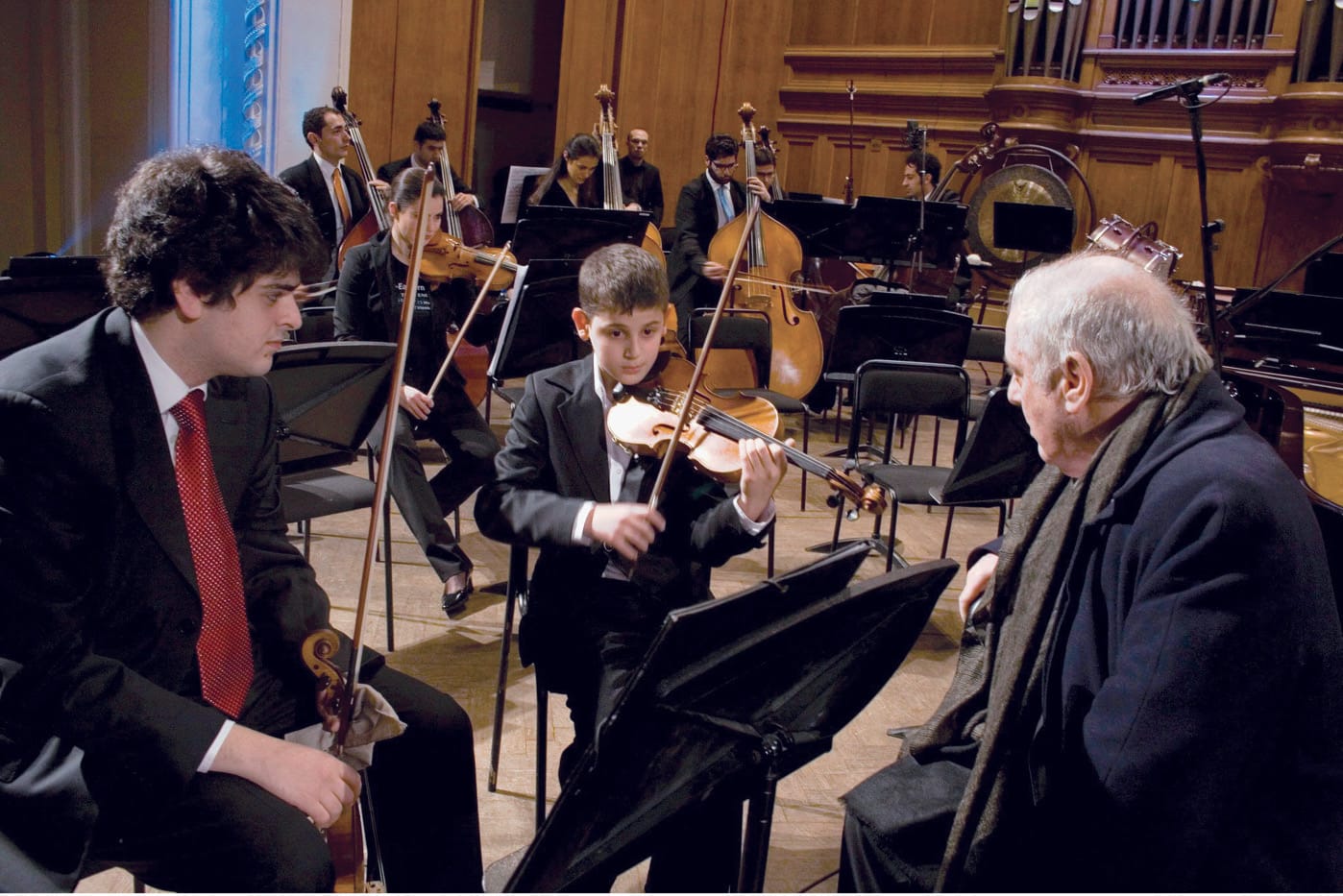
For many years now, our orchestra has been a beacon of hope, and through the tireless efforts of its musicians, it has transformed itself into the world-class institution it is today. It is now our responsibility to reconcile this hope and beauty with a world that can seem hopeless. On this momentous occasion, we examine our institution’s role in the world and begin to rewrite all the things that no longer serve us. We do not have answers for you today, but we do have the will to ask important questions and, of course, the privilege of sharing with you an evening of beautiful, powerful music.
And while we are all taking time to listen, we will permit ourselves to maintain hope for a future like the one that was so bravely imagined 25 years ago in Weimar.
In this sense, the West-Eastern Divan Orchestra is an inspiration for the spirit we all need today.
Further information from the website:
The Daniel Barenboim Stiftung (foundation) is the umbrella organization for the West-Eastern Divan Orchestra and the Barenboim-Said Akademie with the Pierre Boulez Saal in Berlin.
Its major activities include the management of all aspects of the international tours of the West-Eastern Divan Orchestra, various music, and education projects primarily in the Middle East such as the Barenboim-Said Music Center in Ramallah as well as individual grant programs.
The orchestra has shared the stage with internationally acclaimed soloists, including Anne-Sophie Mutter, Yo-Yo Ma, and Martha Argerich, who have since been named honorary members of the orchestra.
The West-Eastern Divan Ensemble, created by the orchestra’s concertmaster, Michael Barenboim, in 2019, brings the same musical excellence and spirit to an intimate chamber-music format.


